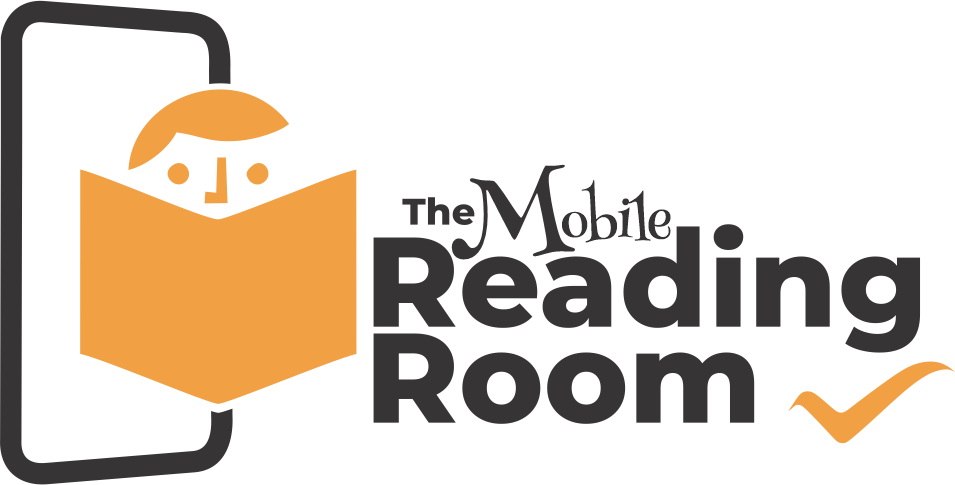One often overlooked but undeniably essential catalyst for progress in any nation is literacy. Books and the act of reading are not merely avenues for entertainment or sources of knowledge; they serve as powerful instruments of development. The impact of books and reading on a country’s advancement is profound, influencing economic growth, education, cultural understanding, and societal cohesion.
1. Knowledge Transfer and Education: Books are repositories of knowledge, preserving the wisdom of generations past and the innovations of the present. Reading not only imparts knowledge but also enhances critical thinking, creativity, and problem-solving skills. A nation with an educated populace possesses the intellectual capital needed to innovate, adapt to challenges, and contribute to global progress. A robust education system supported by a diverse range of books can drive human capital development and empower citizens to excel in various fields.
2. Cultural Preservation and Understanding: Books are mirrors that reflect the identity and cultural heritage of a nation. Literature captures the essence of traditions, values, and societal norms, bridging the gap between generations and preserving cultural continuity. Every nation needs to document the reality that is their culture for posterity. Through reading, individuals can gain insights into different cultures, fostering empathy and cross-cultural understanding. This, in turn, promotes tolerance and harmony within diverse societies, minimizing conflicts that can impede a nation’s development.
3. Economic Growth and Innovation: Reading is not confined to fiction or academia; technical books, scientific journals, and business literature also play a pivotal role. These resources contribute to innovation, research, and technological advancement. A nation that invests in scientific and technological literature nurtures a climate of innovation that can drive economic growth. Furthermore, a population equipped with entrepreneurial knowledge can establish and grow businesses, creating job opportunities and economic stability.
4. Effective Communication and Empowerment: Literacy and reading proficiency are cornerstones of effective communication. In a globalized world, nations with strong reading cultures are better positioned to engage in international dialogues, negotiate treaties, and collaborate on global challenges. Moreover, literate citizens are better equipped to voice their opinions and make informed decisions. This empowers individuals and promotes transparent and accountable leadership.
5. Emotional Intelligence and Empathy Reading fiction, biographies, and memoirs fosters empathy by allowing readers to step into the shoes of characters from diverse backgrounds. This emotional connection can stimulate social change as readers become more attuned to the struggles and triumphs of various communities.
6. Lifelong Learning and Personal Development: The habit of reading encourages lifelong learning and personal growth. Individuals who read regularly are more likely to seek continuous self-improvement, adapt to changing circumstances, and embrace new opportunities. This mindset permeates through society, creating a collective drive for progress that enhances a nation’s development on multiple fronts.
In conclusion, books can shape societies, drive economies, foster empathy, and empower individuals. Nations that prioritize reading and ensure access to diverse literature cultivate informed, engaged citizens who are poised to lead their country toward prosperity. Join us as we advocate for literacy!

